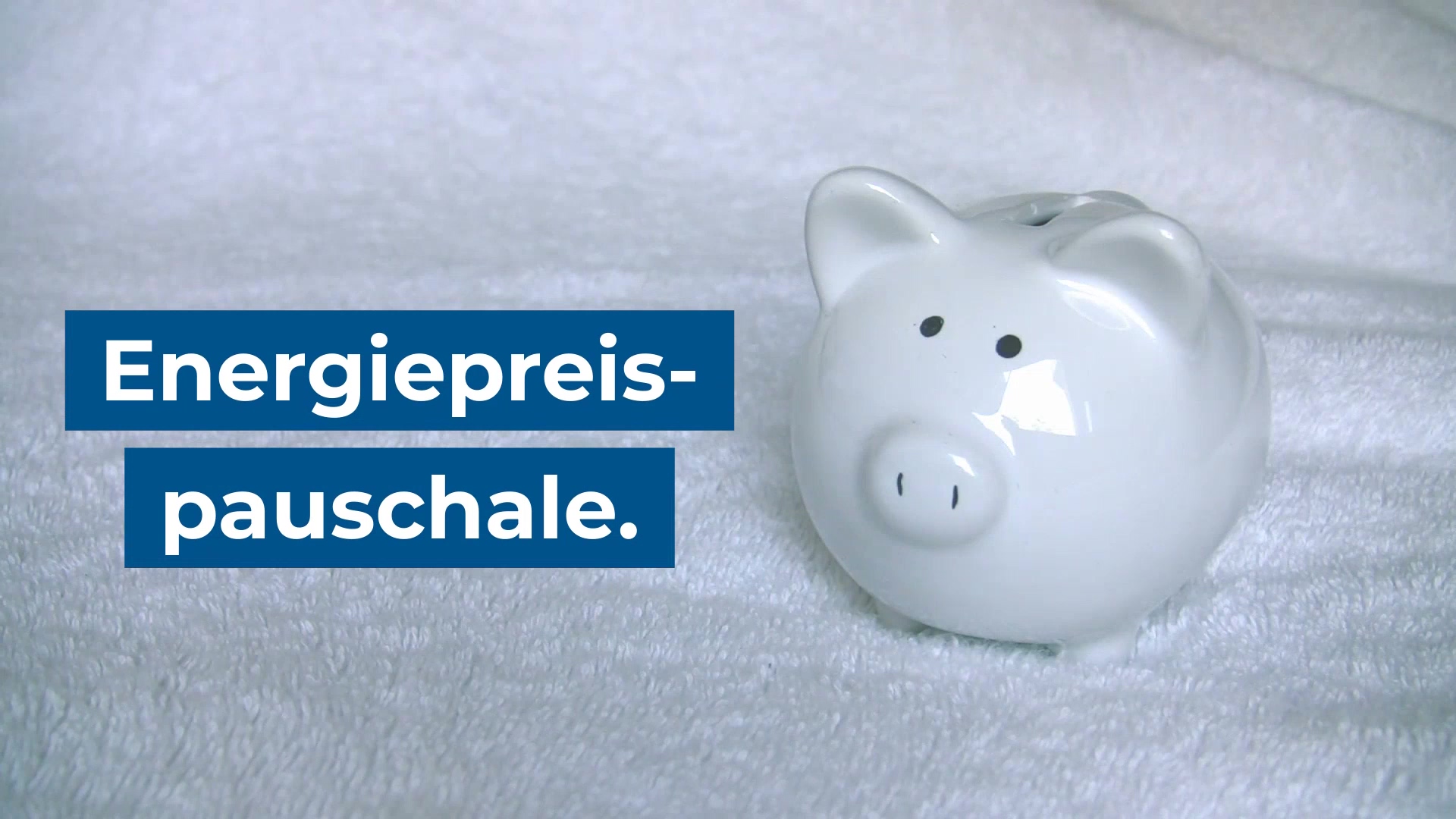Habits or Habits: Whatever you call it, it seems boring at first. Who wants to be called a creature of habit, a victim of the oft-cited power of habit? Your personal habits, the actions you perform almost automatically, can be a powerful aid to your productive life. The way bad habits drag you down.
You are probably already letting automatic “habit” work in your favor somewhere. Or are you still manually transferring your employees’ rent and salaries? I think you have established standing orders there. A habit works just like a standing order for your account: it makes decisions for you and lifts you up.
Because habits, aka habits, work for you
Imagine having to actively decide every action of your day: should I turn on the coffee machine? Do I really have to feed my dog? And do I have to take a first look at my Kanban board again before starting my work?
Your conscious thought should intervene here every time and make a decision. This costs the brain energy that could be better used for creativity and stress management. Once one of these activities you need to do every day becomes a habit, it becomes automatic in another part of your brain. You have a clear head for everything that will help you move forward.
Develop routines
Unfortunately, this takes some time and costs you determination and energy. Good habits don’t arise by themselves, you have to help them move forward. An action to become a habit consists of four elements:
- a trigger that clearly directs you to the issue. We say: Do your most important work first thing when you check your homework in the morning. In this case, you would call an important client and follow up with an offer. This will become the next big order.
- the desire to realize it: unfortunately it doesn’t happen naturally because the reward (the order and the money you will get from it) is still far away. So it’s best to promise yourself a second small reward, something you’ll receive right after you make the call. It can be very simple: you can then check off the schedule item on your to-do list (or, if you organize yourself differently, move the Kanban tab to Done, mark the task in your bullet journal). Or just have your first coffee in the office and you really deserve it.
- the actual action, which should be very simple to perform: bite the bullet and simply call the customer first thing in the morning. AS!
- and a reward that motivates you: then you can get your reward and give yourself a pat on the back. What today brings with it is nothing compared to what you have already done.
Now it takes a little patience for your action to become a habit. Opinions on this vary between 30 and 60 days. If you keep doing this and really choose your most important task every morning and do it right away, you will develop a habit that will then work for you. A standing order for your self-management. Your brain is relieved and you feel good because you worked productively.
How do you get rid of bad habits?
First of all: bad habits are not bad in themselves, but only because they hinder you. They keep you from reaching your goals and being the person you want to be. There is a strategy for this too: if you want to get rid of a bad habit, simply set the weights of the four steps differently:
- hide the trigger, make it invisible (i.e. no TV in the bedroom if you like to watch series in the evening and no longer want to do so)
- make sure that the desire to carry out the action is not tempting (because to watch TV you have to get up and go to the living room or, better yet, to the cellar)
- also make sure that the action is difficult to perform (you must first connect the television and charge the remote control batteries)
- and let the reward be unsatisfying (bad feeling because it’s so uncomfortable in the basement)
What good habits should you develop?
This is obviously your personal decision! And what you want to include as an integral part of your daily routine depends on your life circumstances and your goals. But there are some habits that have proven effective.
A morning routine gives you a productive and mindful start to the day. It’s up to you whether you want to meditate regularly after your first cup of coffee or grab your running shoes and go for a run. The main thing is that you do it regularly and allow yourself to go to work healthy and alert.
A morning routine for starting work has also proven helpful: Little things like consciously turning on the computer, looking at the target collage, bullet journal or Kanban board show you that working hours have begun. These little rituals ensure you approach your professional day with a positive focus on your goals and align yourself with them. This is how productivity works!
Routines are also useful for the end of office hours and the transition from day to night. They ensure you don’t forget anything important (tidying up your desk, brushing your teeth, turning off your cell phone) and that you take a defined step from one area to another. Especially in times when employees and self-employed workers “should” be available 24 hours a day, it is important to set boundaries and find peace.
Don’t break the chain
What if you weren’t able to go for a run in the morning today? What if you’d rather read your emails in the office first instead of asking your most important customer about the order? OK, it didn’t work today. But that doesn’t mean you’ve always failed and can’t establish your habit. Once is not really once.
This is where an inner voice loves to come forward with your negative beliefs: “I have no self-discipline,” “I can’t do this anyway,” “I’m too weak, too stupid.” Don’t listen to them because they are not productive. There is another way.
For tomorrow (actually tomorrow, not one day) you should look for a little helper. It’s called «Don’t Break the Chain.» Don’t break the chain of actions. If you failed to develop your habit today, make an appointment with yourself tomorrow. Put it in your bullet journal, your appointment calendar or your to-do list. Don’t miss your action again so that the chain is not broken.
If it really doesn’t work out the way you planned: don’t give up. Maybe you got sick and couldn’t go for a run. Or your answering machine flashed so loudly in the morning that you didn’t want to leave your callers alone. However, stick to it and make sure it remains an exception. There is no reason to feel weak or bad if you consistently work on your new habit tomorrow and don’t let it lead you astray again.
Ok, Ok, you broke the chain several times. This happens to the best of us. This is also not a reason to give up. Then take a step back and ask yourself
- if the new habit is really important to you
- what stopped you from building it
- and how do you move forward
If you don’t really stick with your new habit because you don’t see how it gets you closer to your goal: decide not to do it once instead of having to make a new decision every day. Say goodbye to him.
But if you still know that your new habit is contributing to your goal, stick with it. And first check why you can’t establish it.
- Something always happens: ask yourself if you really need your new habit or if something else is more important.
- Maybe you wanted too much? Can’t you get a smaller size? Running 4km instead of a marathon? Or don’t bite the bullet until you’ve warmed up with a little something?
- or did you simply open the wrong construction site? It doesn’t have to be the premium online course you create in the morning. Maybe you can invest your quiet hour in another product closer to home? A newsletter?
Check your intentions on the way to creating a new habit. If all goes well, stick with it! If not: make a new decision.
latest posts published

Are you starting to run? This is how we persevere!

Your time invested profitably every day: What are your EPAs?

Energy flat rate: who is entitled to the 300 euro bonus?

Here’s how companies choose the right solution

Set and achieve goals with SMART

Different working models and employee retention: a connection?

Flexible working hours

Personal Kanban in the notebook: be productive

Reporting for effective workforce management


